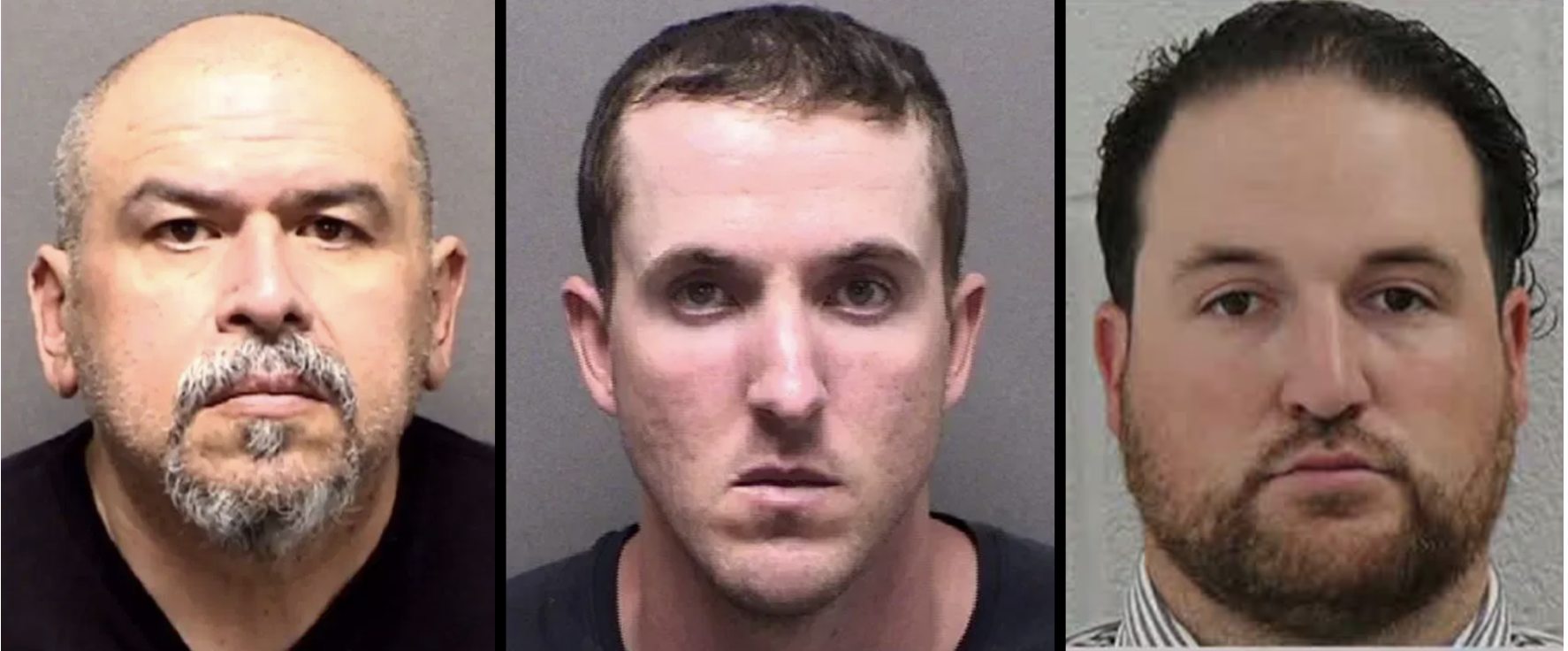One factor for the coming March 3rd Super Tuesday primary elections that hasn’t received any discussion is whether or not the open voting system will have a major effect upon the final results. Though only 24 states around the country feature open, or semi-open, primaries, all but two of the 15 Super Tuesday states lie in this category.
For purposes of this column, South Carolina, scheduled for this Saturday and the prelude to the mega-state vote, is added to the Super Tuesday roster because of its close proximity. America Samoa, which also holds its nomination election on March 3rd, is a caucus.
An open primary is one where any voter may choose to participate in the nomination election of his or her choice. In these states, voters typically are not registered by political party and can select either a Democratic or Republican ballot. A semi-closed primary is one where registered party members must stay in their respective party primary, but the unaffiliated, or Independent, voter may choose the primary in which to participate. A closed primary allows only individuals who are registered in a particular political party to vote in their respective nomination election.
Pertaining to Super Tuesday, Alabama, Arkansas, Colorado, Minnesota, South Carolina, Tennessee, Texas, Vermont, and Virginia are the open primary states. The semi-opens are Massachusetts, North Carolina, Oklahoma, and Utah.
The two closed presidential primaries for the big day are California and Maine. Despite California featuring the ultimate open primary system in their regular elections, where everyone receives the same ballot and the top two finishers advance to the general election regardless of political party affiliation and percentage attained, only registered party members may vote in their respective presidential primary. Therefore, in the national nomination contest, where the top-two system is not recognized for delegate allocation, the Golden State reverts to the closed procedure.
The open primary, as it relates to Super Tuesday, means that Republicans and Independents will be able, if they so choose, to influence the Democratic presidential nomination, and this nuance partially explains former New York City Mayor Mike Bloomberg’s national campaign strategy.
Spending reportedly already $500+ million on advertising in anticipation of Super Tuesday since he did not enter the first four voting states’ caucuses or primaries, Mr. Bloomberg is tailoring his message to subtly encourage the non-Democratic Party voter to vote enter the primary and vote for him. Polling does suggest he is performing better in the open and semi-open primary states than he is in those with closed systems.
While the states that polling suggests Mr. Bloomberg is currently in position to win, Arkansas, Texas, and Virginia, where he is either slightly leading (Arkansas) or tied in the most recent poll (Texas and Virginia), are open while he lags behind in the two closed primaries (California and Maine) and might not even qualify for delegates in each of those places. Under Democratic National Committee rules, a candidate must achieve 15% of the popular vote in the statewide or district vote to qualify for delegate allocation.
Since the totals in all of the Super Tuesday states, with the exception of Sen. Bernie Sanders’ home state of Vermont, find the candidates running close together the results are still difficult to forecast even a week out, so much change can still occur within this fluid campaign.
The primary system that the states employ, in addition to whether they allow any type of early voting procedure – 12 of the 15 Super Tuesday states allow some period of early voting procedure with only South Carolina, Alabama, and Colorado not doing so – will have an effect upon the outcome. To what degree the system changes and what might have been the result if the entire country employed a uniform procedure will soon be determined and debated.
This is a commentary submitted and published with the author’s permission. If you wish to submit a commentary to Texas Scorecard, please submit your article to submission@texasscorecard.com.




